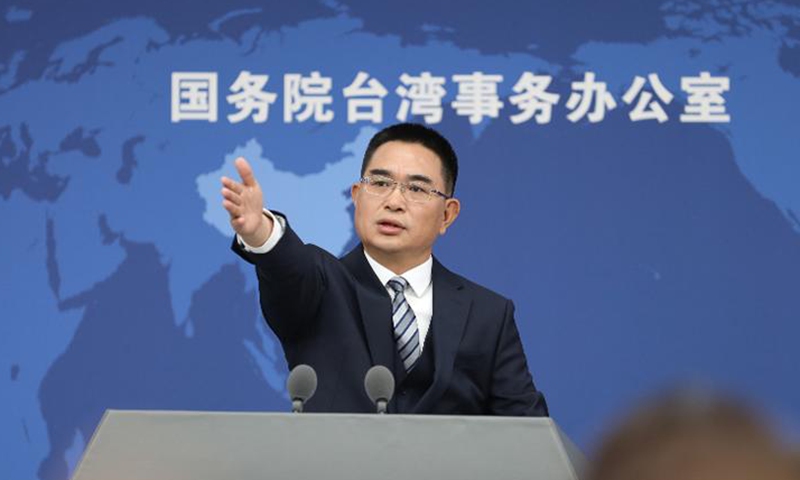Jiulian Technology's Strategic Acquisition: Risks and Opportunities

The planned acquisition of Chengdu Nengtong Technology Co., Ltd. by Guangdong Jiulian Technology Co., Ltd. signals a critical strategic pivot in the competitive landscape of the Chinese technology sector. With Jiulian seeking a 51% cash acquisition stake, this move indicates a concerted effort to bolster its market position through direct control. The implications of such significant asset restructuring are profound, not just in terms of operational influence but also in controlling critical technology assets that could align with national strategic priorities.
Financially, the decision to use cash for this transaction demonstrates a robust liquidity position while avoiding potential dilution of shares. With the current trends in liquidity tightening across global markets, Jiulian's choice to utilize cash suggests confidence in their cash flow management and overall financial health. However, the cash transaction necessitates a careful evaluation of the company’s existing financial commitments, particularly in regard to maintaining EBITDA margins amid potential integration costs after the acquisition. As we advance into a more competitive market post-COVID, where companies are navigating inflationary pressures and rising operational costs, this strategic acquisition could provide Jiulian with vital competitive leverage if executed successfully.
Yet, despite the apparent advantages, the transaction is layered with uncertainties and risks that market participants must critically assess. The requirement for regulatory approval from military authorities complicates proceedings, a step that could induce delays akin to those witnessed during the 2008 financial crisis when asset restructuring faced heightened scrutiny. This begs the question: how will Jiulian's operational timelines be affected should the regulatory process extend beyond expectations? Furthermore, the inherent absence of a formal agreement thus far might deter possible investor confidence, suggesting that the perceived opportunity must balance against the backdrop of potential setbacks. Investors should remain vigilant, acknowledging that while acquisitions often precede substantial growth trajectories, they can also unveil unintended consequences such as operational disarray or integration challenges.
Read These Next

Taiwan Affairs Office Says DPP Decoupling Efforts Will Fail
Taiwanese firms still see the Chinese mainland as a good investment, despite tensions, per China's Taiwan Affairs Office.

First large-scale green methanol production fills domestic gap
On July 15, 2025, Taonan City produced its first batch of green methanol, achieving 50,000 tons annually, aiding China's carbon goals.

Nanya New Materials: Strong Financial Management in Uncertainty
Analysis of Nanya New Materials Technology Co., Ltd.'s recent financial strategies highlighting the use of idle funds and the importance of regulatory compliance, alongside potential risks associated with this approach.
